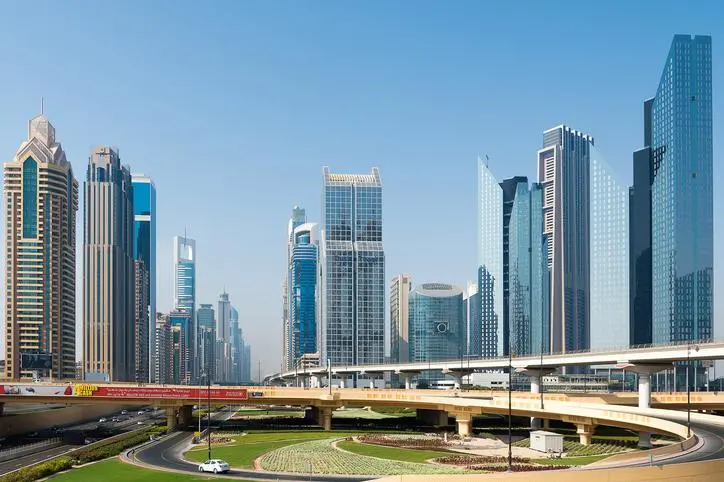PHOTO
ABU DHABI: The UAE adopted a general expansionary fiscal policy during the first quarter of 2018 and increased its overall annual spending by 15.6 percent due to the recovery in oil prices, which led to increased proceeds from petroleum-based products.
The recovery was also driven by a 21.7 percent increase in annual salaries and wages, as well as a 15.9 percent rise in subsidies and transfers to government companies. Grants also increased by 15.6 percent while social benefits increased 7.5 percent. As part of the country’s ongoing spending policy, the purchase of goods and services recorded the highest annual increase, jumping by 157 percent, compared to only a slight increase during the same period last year.
Annual spending on fixed capital consumption decreased by 13.1 percent, and on interest payments by 2.4 percent. Other expenses, which include all transfers made by the Abu Dhabi government on behalf of the federal government, decreased 14.7 percent during the first quarter of 2018, compared to a decrease of 41.1 percent during the same period in 2017. Ongoing spending also gained momentum, coinciding with the recovery in oil prices.
However, annual capital expenditure, or net holdings of non-financial assets, continued to decline for the fifth consecutive quarter, slumping by 56 percent in the first quarter of 2018, down from 19.5 percent during the same period in 2017.
The fiscal policy situation for the first quarter of 2018 was mostly independent from regular economic trends, even though the current increase in spending is in line with the growth requirements of the non-oil sector.
© Copyright Emirates News Agency (WAM) 2018.





















